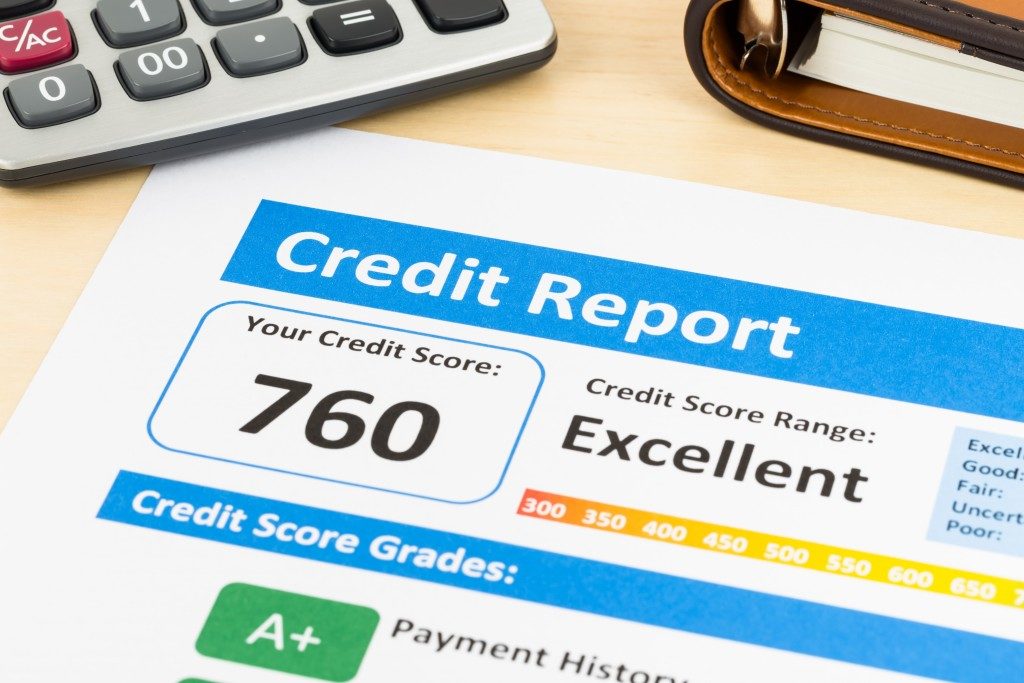Everything You Need to Know About County Court Judgment

Being in debt is never a good feeling. Not only do you feel the burden of being responsible for having to pay back money that you owe, but many times, you may be hard-pressed to come up with this money. Furthermore, there are legal measures that creditors can take to seek what is owed to them.
In England, Wales, and Northern Ireland, one option for creditors to do so is to register a County Court Judgment (CCJ) against you, which is a formal court order that will demand you to pay the creditor what is owed. Going through this process can be quite stressful, which is why it is important that you know exactly what you are getting into.
Here is everything that you need to know about CCJ claims:
When is a CCJ issued?
If a creditor whom you borrowed money from believes that you will not repay the money owed, they may head to a county court to apply for a CCJ against you. To do this, however, they must have sent you previous warning letters or default notices. If the court agrees with the creditor, they will then issue a CCJ, which will demand that you pay back the amount owed. You will then receive a notice of this, which you are obligated to respond to.
What happens if I receive a CCJ?
If you get a notice that a CCJ has been issued against you, the best course of action is to seek professional advice from a lawyer who can guide you through the process. You are given only a limited time to reply to the notice, and it is important that you do not ignore it, as this can result in even more serious action against you.
There are various ways to reply to the notice. The first is to file a defense if you disagree with the amount of money owed. You may even file a counterclaim against the creditor, saying that you do not owe anything due to a possible violation of a contractual agreement on the creditor’s part.
Otherwise, if you agree to the claim of the creditor, you will be asked to give the court details about your financial situation. This will be the basis of how you are to pay the amount. You may be asked to pay the amount right away in full or be given the option to pay it over time in installments. Once an agreement has been reached with regards to the payment, it becomes your responsibility to keep to the terms.
How will receiving a CCJ affect me?

It is of paramount importance that you keep to the terms set out by the CCJ. If not, the creditor may ask the court to grant a bailiff power to collect from you, which may include confiscating your property which will be sold to pay off the debt. You may also have the amount to be paid deducted from your wages.
Beyond this, however, a CCJ’s most profound effect is the one it has on your credit record. If you don’t repay your debt in full within 30 days of the CCJ notice being issued, it will remain on your credit record for six years. This will make it more difficult for you to take out a loan or even open a bank account. Hence, it is best to properly deal with your outstanding debts as soon as possible.




